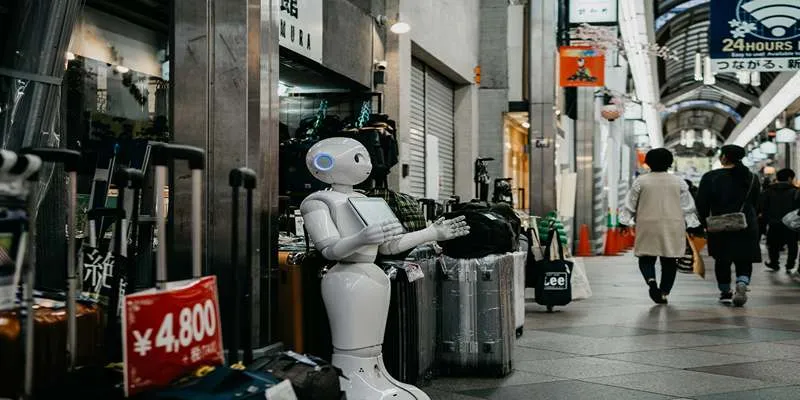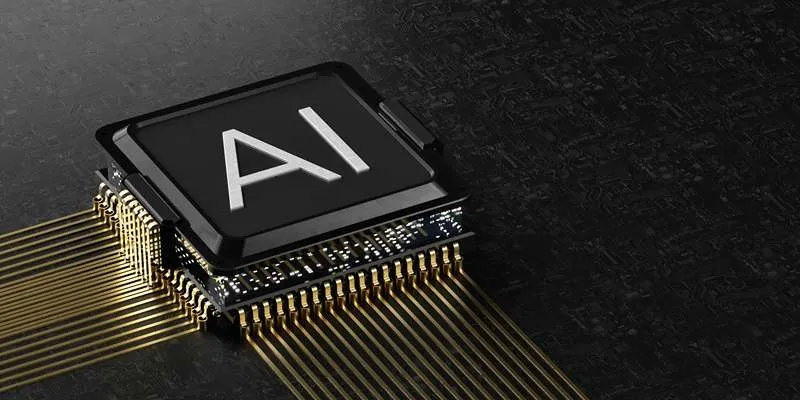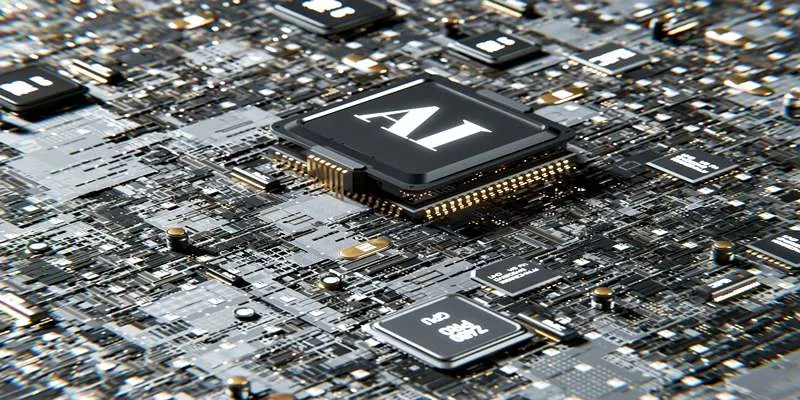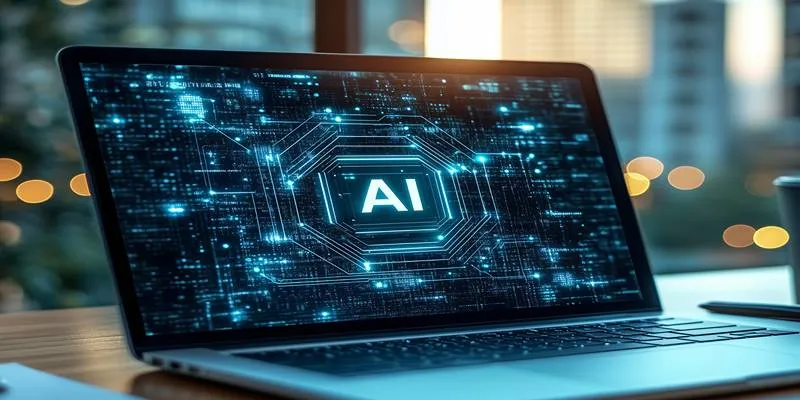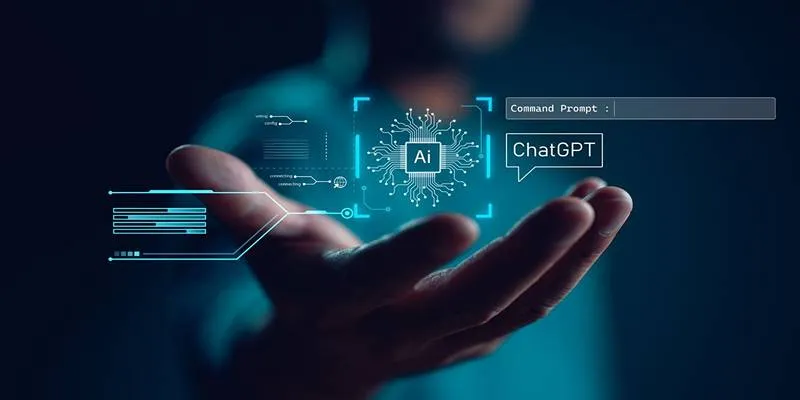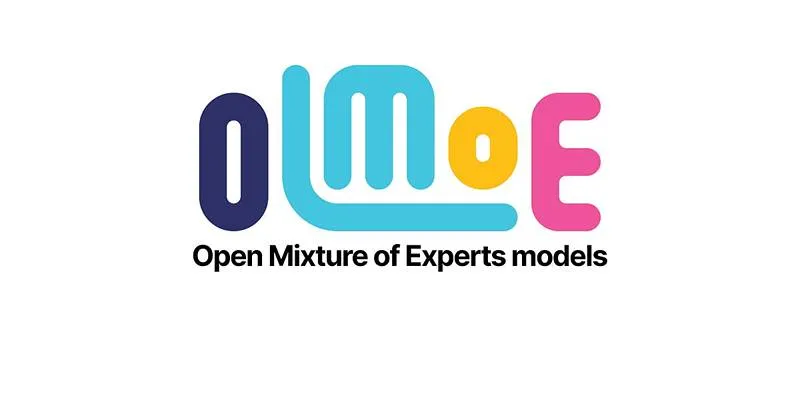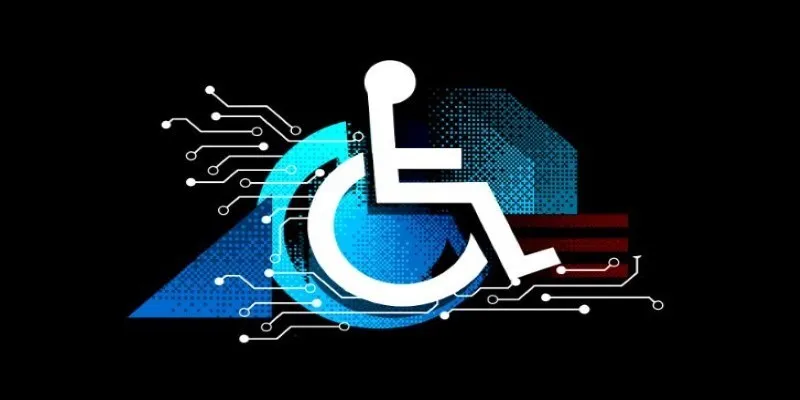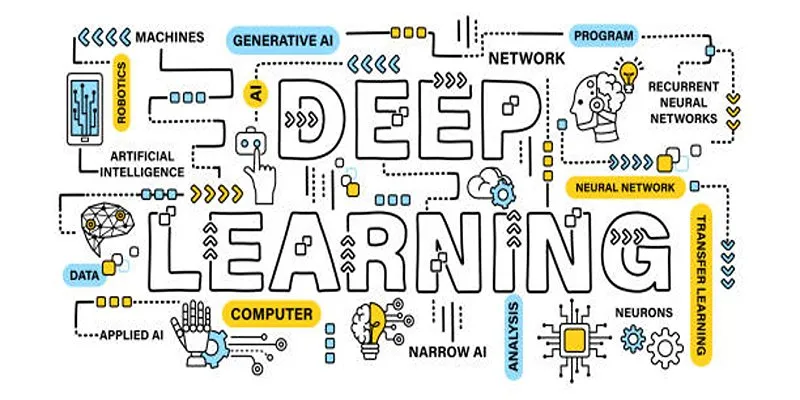AI is rapidly becoming a cornerstone of software development, automating coding, testing, and maintenance tasks across the tech industry. Modern technologies empower developers to produce, debug, and enhance code performance using artificial intelligence, thus automating key aspects of a developer’s role. This evolution raises concerns about the automation of tech jobs, as AI takes over tasks traditionally performed by engineers. While the demand for routine workers diminishes, there is a growing need for developers skilled in supervising and integrating AI. Professionals and organizations must understand these changes in AI coding to leverage this technology effectively, ensuring business improvement and maintaining a balanced employment market.

AI in Software Development: Transforming the Industry
Automating Coding Tasks and Software Engineering
Automation has become a significant feature in software writing, with AI tools capable of handling much of a programmer’s workload. Leading systems like GitHub Copilot and OpenAI’s Codex can complete code, suggest improvements, and identify errors on the fly. These tools reduce development time and human errors. However, AI cannot replace human engineers entirely, as creative and critical thinking are essential in software design. Engineers can now focus more on high-level problem-solving, while AI handles the coding.
AI and Software Testing: Faster and More Accurate Results
Manual software testing has traditionally been time-consuming, requiring significant effort to detect bugs and security threats. Tools like Selenium and Test.ai perform these tasks more accurately and process large code volumes efficiently. They accelerate testing and enhance software quality. AI minimizes the time and effort spent on debugging and increases application reliability. As efficiency increases, testers’ roles shift towards gaining AI skills to monitor and refine AI-driven testing procedures.
Machine Learning in Software Optimization
Machine learning optimizes software by predicting system behavior and self- adjusting as necessary. Big data and analytics tools help developers analyze performance and identify inefficiencies for enhancement. Self-diagnosing software can correct errors without user intervention. This innovation reduces maintenance costs and extends product convenience to users. However, AI optimization requires human supervision to ensure ethical compliance and correct results. Developers must embrace roles that ensure AI-based solutions work effectively, emphasizing human-AI teamwork in software development.
Tech Job Automation: Changing Employment Trends
The Rise of AI-Assisted Software Engineers
Contrary to fears that AI will replace human coders, it serves as an intelligent tool to boost efficiency. AI assists engineers in writing clean code, recommends best practices, and provides instant debugging for errors. This allows developers to focus on core issues rather than routine tasks. While AI reduces demand for junior programmers, it increases demand for engineers knowledgeable in AI. Developers willing to learn to collaborate with AI will maintain future employment.
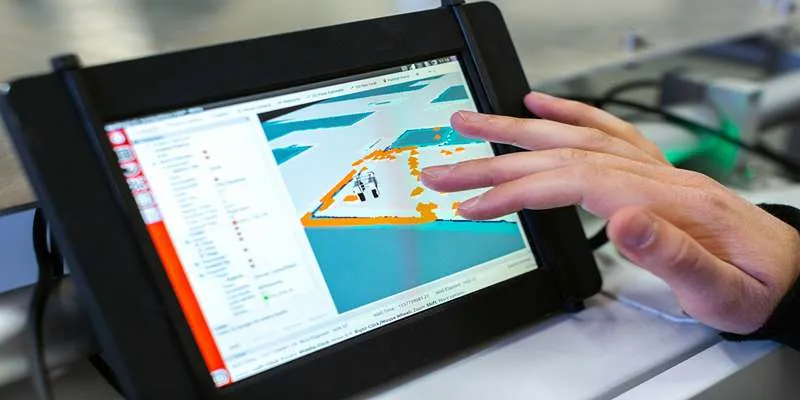
Job Displacement vs. Job Creation in the Tech Sector
Automation trends in tech jobs raise fears of reduced employment for entry- level developers and testers. However, new roles in AI oversight, algorithm creation, and prompt generation are emerging. Businesses need employees skilled in building and training AI models, monitoring AI usage, and implementing AI systems. This post provides tips on career sustainability, emphasizing knowledge acquisition and adaptability.
The Importance of AI Literacy for Future Developers
To be a competitive software engineer, understanding machine learning, neural networks, and other AI tools is crucial. Many organizations offer training programs for AI integration. AI education equips developers to work with AI technologies rather than compete against them.
AI Coding Impact: Ethical and Practical Considerations
AI-generated code is not flawless, as it is based on training data that may contain logical or security flaws. Bias in learning processes can result in unfair decision-making in areas like lending, diagnosing diseases, or employment. Developers must review AI-generated code to ensure correctness and ethical compliance. While AI enhances productivity, human supervision remains necessary to prevent negative side effects.
Conclusion
AI is revolutionizing software development by automating coding tasks and optimizing software performance. While tech job automation raises concerns about job displacement, it creates opportunities for developers with AI expertise. By embracing the impact of AI coding, software engineers can enhance their skills and adapt to new roles in AI integration and oversight. The future of the tech industry lies in human-AI collaboration, where AI handles routine tasks while developers drive creativity and innovation. Professionals who stay ahead of AI advancements will thrive in the evolving software development landscape.
 zfn9
zfn9



